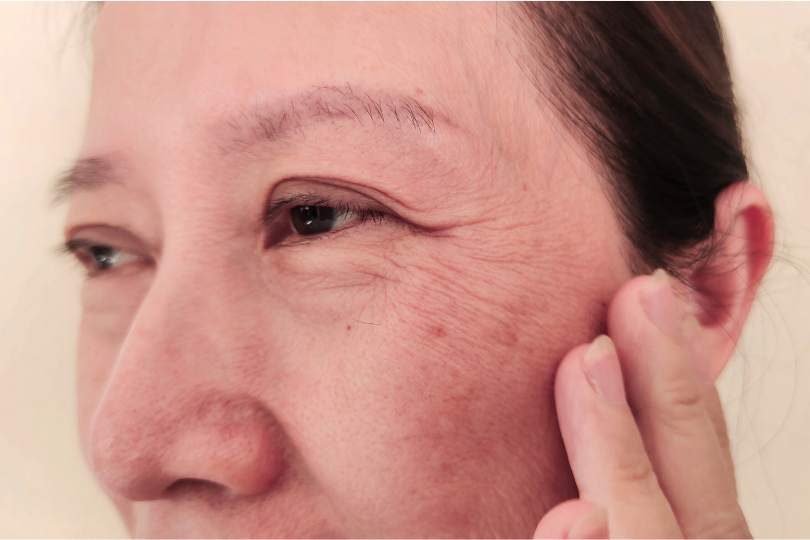Does an STI mean my partner cheated on me? Getting an STI result can bring up a lot of feelings: confusion, fear, embarrassment, even hurt.
One of the most common concerns we hear is: does this mean my partner has been unfaithful?
The truth is, it’s not always that simple. STIs can be present in the body for weeks, months, or even years without causing symptoms, which means they may have been there long before your current relationship. Let’s walk through the facts together, with clarity and care.
STIs (sexually transmitted infections) are infections that spread primarily through sexual contact — oral, vaginal, or anal. Common examples include:
They can be caused by bacteria, viruses, or parasites, and often don’t cause noticeable symptoms, especially in the early stages.
Yes, some STIs can stay in your body for a long time without causing symptoms. For example:
This means someone could have been infected before your relationship began, and only discovered it now through routine screening.
While most STIs are passed through sexual contact, a few can spread in other ways:
Non-sexual transmission is rare, but possible in specific contexts. The important thing is to get accurate testing and not jump to conclusions too quickly.
Not necessarily. Here’s why:
If you’re feeling hurt or unsure, those emotions are real and deserve space. But it’s also okay to slow down and seek clarity before drawing conclusions. Clear communication can go a long way.
An STI diagnosis doesn’t always mean someone has cheated. It could be linked to past relationships, dormant infections, or in some cases, non-sexual transmission. What matters now is getting the right information, care, and support.
If you’d like to talk it through, Taylor offers private, non-judgmental doctor consultations, whether you’re managing symptoms or just want clarity on what this means for you.
We’re here to help you make sense of things, with care that’s grounded in facts and focused on you.



If your routine suddenly feels out of step, it’s not your products, it’s your hormones. As estrogen begins to fall, the signals that keep skin strong and hydrated weaken. Dryness, breakouts, pigmentation, and slower healing start to appear, even with the same products you’ve always used. The good news: you can adapt. With smart everyday care (SPF, hydration, retinoids, vitamin C), lifestyle support (nutrition, sleep, stress), and medical options when needed (prescription treatments or hormone therapy), your skin can stay strong and healthy well into your 40s, 50s, and beyond.

Periods are often seen as a hassle, but what is not known is that irregular cycles can increase the risk of abnormal bleeding and even lead to endometrial cancer. This article discusses the topic of endometrial hyperplasia, how to detect it, and how to manage it.

If you’ve been tracking ovulation, timing intercourse perfectly, and still not getting pregnant, you’re not alone. This article covers the common reasons that you're not pregnant after ovulation. If you’re feeling unsure, fertility testing is a great place to start—it provides clarity and allows you to take informed steps towards building your family.